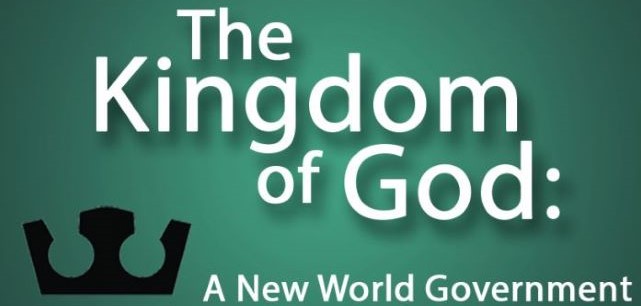Dean William R. Inge is credited with saying, “A good government remains the greatest of human blessings, and no nation has ever enjoyed it.” Just to clarify, the human blessings he refers to are of human origin and therefore flawed. Flawed people devise flawed governments that we, the citizenry, are the beneficiaries thereof.
What should be our attitude and posture toward the civil authorities that occupy public office above us? Only about 20% of Americans, according to Pew Research Center, trust our government to do the right thing most of the time. That means that the other 80% are somewhat to very skeptical of our leadership. It is not at all uncommon to hear and see evidence of open hatred toward those of the opposing political party in leadership — which ever one it may be – at any given time.
So where do God-believers fit into this environment? The short answer is that they do not. Solomon wrote, “The fear of man brings a snare, but whoever trusts in the Lord shall be safe” (Proverbs 29:25). Those who fear what our leaders might do are easily drawn into hatred and the radical impulses and leanings of so many today. On the other hand, the reverent fear of God is where safety and sound mindedness will be found in turbulent times.
God’s expectations of His saints in these matters almost sound unearthly, simply because they are. The Apostle Paul’s strongly states: “Therefore I exhort first of all that supplications, prayers, intercessions, and giving of thanks be made for all men, for kings and all who are in authority, that we may lead a quiet and peaceable life in all godliness and reverence” (1 Timothy 2:1–2). The faithful don’t rant and rave over the corruption or injustice they can see because they know their God is the supreme authority in the universe. Whether those in authority rule well or are completely corrupt, we can pray for God’s blessing on their leadership that we may all live quiet and peaceful lives.
It is God who appoints or allows whomever He wills to power. The Apostle Paul clarifies: “Let every soul be subject to the governing authorities. For there is no authority except from God, and the authorities that exist are appointed by God. Therefore whoever resists the authority resists the ordinance of God, and those who resist will bring judgment on themselves” (Romans 13:1–2). Even if the authority is corrupt or off track, we, as followers of Christ, should not resist it.
Before Christ’s death, Pilate reminded Him that he had power to crucify Him. Jesus, likewise, reminded Pilate that he wouldn’t have any power at all if it weren’t given to him from above: “Jesus answered, ‘You could have no power at all against Me unless it had been given you from above. Therefore the one who delivered Me to you has the greater sin'” (John 19:11). Our Father appoints whom He will based on how His plan is unfolding at the time whether spiritual/physical blessings or spiritual/physical tests. Both play into the unfolding of God’s plan of salvation for humanity.
So, we should pray for God’s will to be done through those whom He allows to come to power, and we also pray for the safety of His people in the process of it all. The point is that we don’t take our eyes off our God at any time. We yield to the civil authority over us now as we patiently wait for the true blessing of God’s government to be established at Christ’s return.
Marshall Stiver


